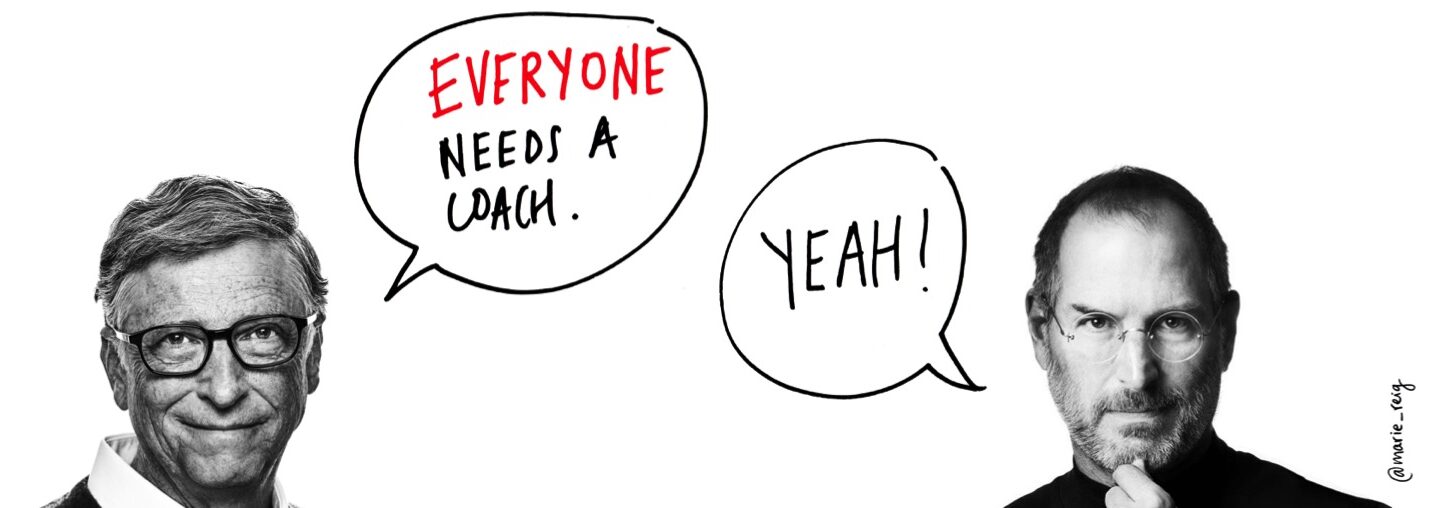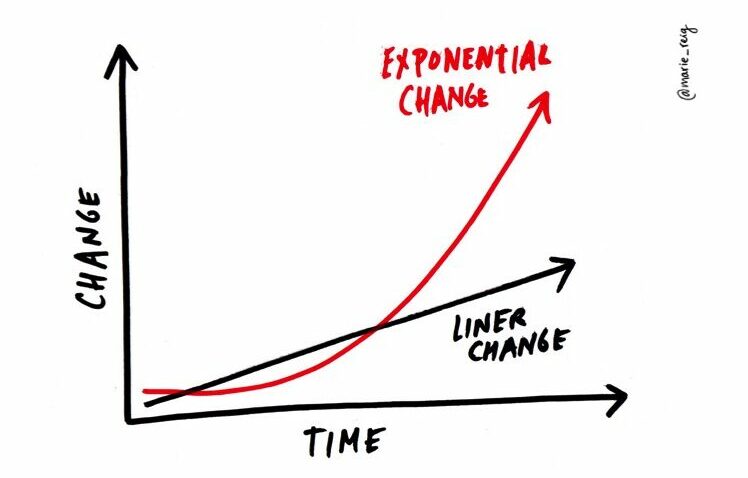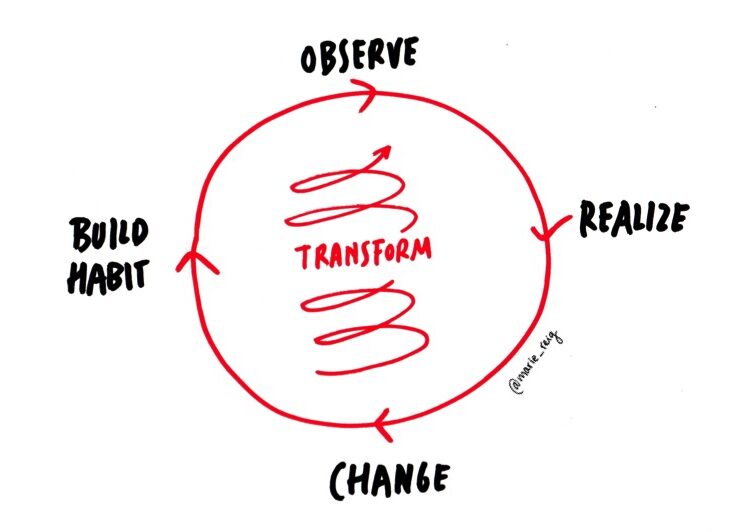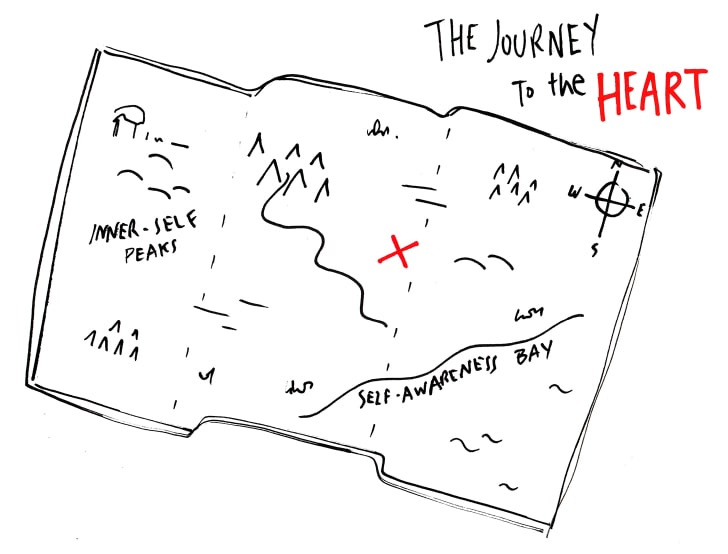Might you be wondering… Should I hire a leadership coach or should I not (yet)? By the end of this post, you will be able to answer the above question all by yourself. I have summarized here the (scientifically) proven benefits of executive coaching to level up your leadership competencies.
Coaching is becoming more and more popular. Yet while there is an increasing buzz about coaching there is less clarity about what exactly is, which benefits it might report, and in which ways. (3,4)
You might have already heard that coaching is the most effective way to develop your leadership competencies, that is to consistently advance in your journey of becoming the best leader you could possibly be (3,4).
However, you still wonder…
• What is coaching?
• Is the coach going to tell me what to do?
• What kind of conversations are coaching conversations?
• Is executive coaching worth it? Why is coaching the best leadership investment?
• If I am already successful do I need a coach?
If any of the above questions resonate, if you are curious to know more and even considering having a coach (or if you have had one that did not work as much as you expected it would do)… you are invited to read on.
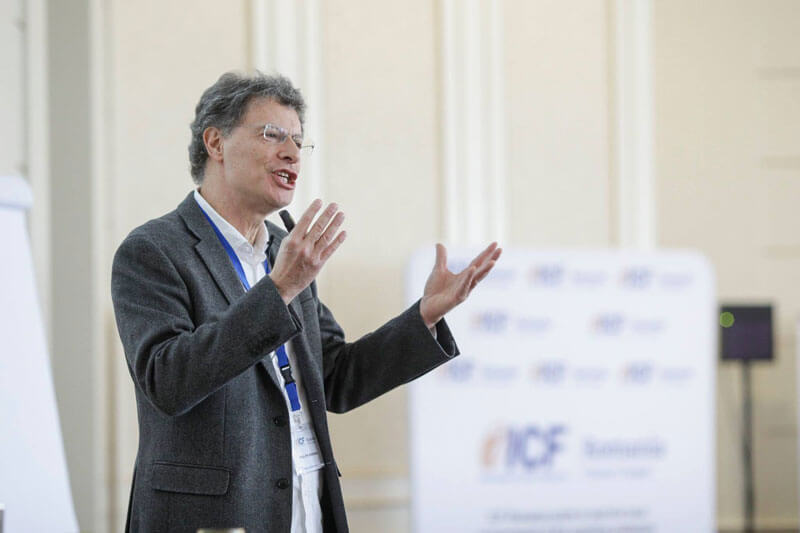
What is coaching? Leveling up your leadership one conversation at a time
Coaching is the art of unlocking the “best-self version” of the coachee (aka the player) through high-quality honest and vulnerable conversations and custom-made practices.
In other words, the coach helps you to make the most of your talents and supports you to continuously learn from your real-life experience.
Coaching allows you to accelerate your personal and professional development while you more effectively deal with the challenges and opportunities you encounter in the here and now of your unique situation.
Coaching creates exponential growth. Coaching is the way professionals get better at what they do, it is the way they become great. As Microsoft founder Bill Gates and former Google CEO Eric Schmidt put it “You are never done. Everybody needs a coach.”
Is the coach going to tell me what to do?
No. A good coach will never tell you what to do but help you to find the best answer you can have, taking into account your values, your vision, your purpose, your needs, and your intended goals and aspirations.
A coach supports you in being and acting coherently and in alignment with who you most authentically are and want to be. If you do not know who that is, the coach will support you in finding it out so you can make your life a fulfilling and meaningful journey toward self-actualization. That is becoming your best self and enjoying the way.
More specifically, the coach simultaneously challenges and supports you, the player, in more efficiently and effectively moving towards your goals while strengthening your awareness and responsibility muscles.
Yes, coaching is a journey of transformation made of self-awareness and responsibility.
Along the way, together with the coach you better understand your strengths, your needs, your motivations, and your aspirations to best guide your actions and decision-making.
It is about exploring ways to bridge the gap between your potential and your performance. So it is not about receiving advice or mentoring from the coach, nor “friendship-like” unconditional support.

Yes, successful people hire a coach. Coaching is “a secret” that some of the most successful leaders have in common.
Apple’s Steve Jobs, Larry Page and Sergey Brin, Alphabet’s CEO Sundar Pichai, Amazon’s Jeff Bezos, and Twitter’s Jack Dorsey were all coached by Bill Cambell. (Facebook) Meta Platforms COO Sheryl Sandberg, Barack Obama, Bill Gates, and former Google CEO Eric Schmidt are among the successful leaders, executives, and high performers who also have had a coach.
Coaching is not about how good you are now, but how good you could be.
You are never done. Great leaders know that life is a life-long learning journey.
A coach helps you recognize the issues that are standing in your way so you can continue improving. It supports you in noticing and with it gaining another level of awareness.
Research tells us that Executive Leadership Coaching makes you more skillful and effective in your role, and it impacts your performance (4). Among other benefits, coaching helps you to become more self-aware, gain greater insight and vision, as well as improve your interpersonal and critical thinking skills (2). Also, coaching increases clarity and confidence and it benefits your emotional well-being impacting the mindset with which you approach challenges and obstacles. With it, coaching can help reduce stress and overall your work becomes more enjoyable (1).
Leadership coaching is a self-investment, it is an investment in yourself in your journey of becoming the greatest leader you could be.
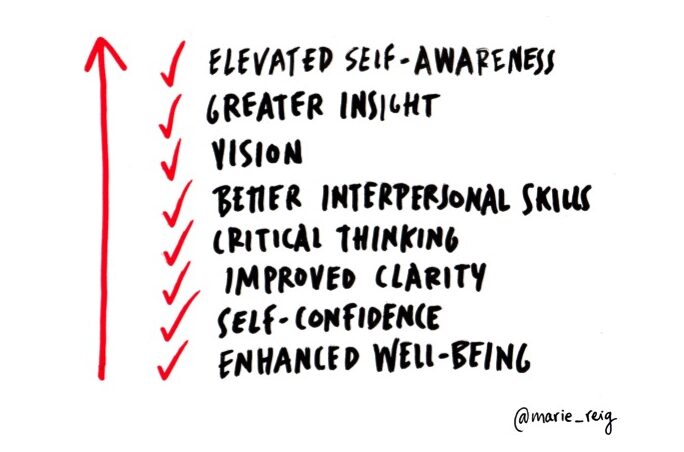
A coach is a guide that helps you in creating more impact.
What is more, the benefits on you as a leader also impact the overall organization, thus research points out that coaching the leader contributes to promoting positive work cultures and organizational well-being (1,4).
Because leadership performance drives team performance, and team performance drives results. Leadership coaching is an investment in the success of the team and organization you are working with.
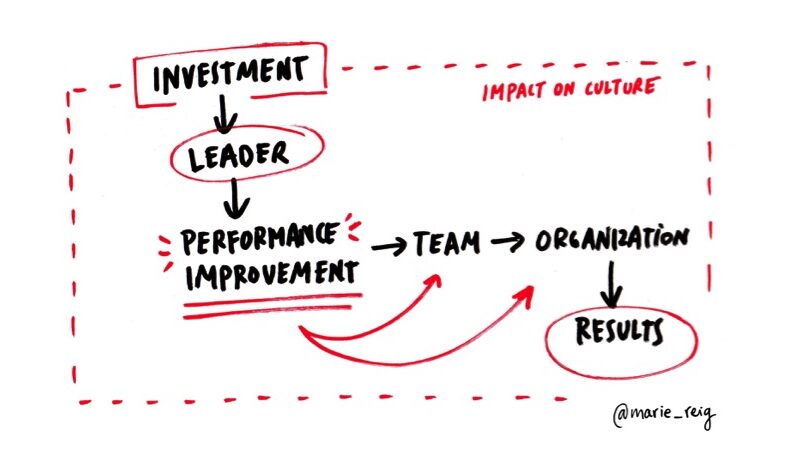
What kind of conversations are coaching conversations?
Coaching conversations are based on curiosity-driven open-ended inquiring, creative tailor-made exercises during and in between sessions, and experiential observations that open the exploration of possibilities.
The coach and the player work as partners to facilitate discovery, improve mental and emotional clarity as well as enhance understanding of the player’s interests. The coach is a partner who supports the player in expanding what she/he/they observe and act on.
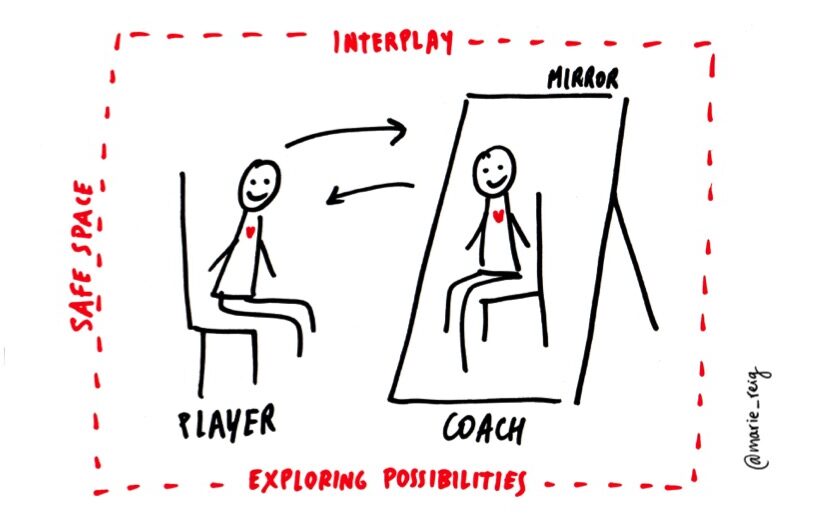
A good coach will always help you improve your ability to coach yourself. He or She will work to make her/himself redundant down the road as you advance in your own development journey.
What could go wrong?
It is important to note that coaching requires the player’s willingness and commitment to tap into her/his/their intrinsic ability to learn and discover new perspectives (growth mindset), explore fears and roadblocks, and embrace the emotions that may arise along this path of personal and professional development.
Transformation arises from the acceptance of any given situation, challenge, or opportunity. With a critical spirit, noticing and observing things non-judgementally, the player is encouraged to unfold his/her/their most authentic potential at a given moment in time.
Together the coach and the player make progress on the player’s intentional efforts toward sustained, desired change (4).
Coaching is about trusting the process, which even if sometimes messy, and at times necessarily uncomfortable, is meant to be a rewarding shared discovery journey toward the player’s desired goals.
Yes, coaching has grown rapidly because it works, as the research made by the International Coaching Federation and other independent academic studies show (1,4,9).
So, now that you understand it all… are you ready to further explore the possibility of engaging a leadership executive coach?
Imagine it for a moment…
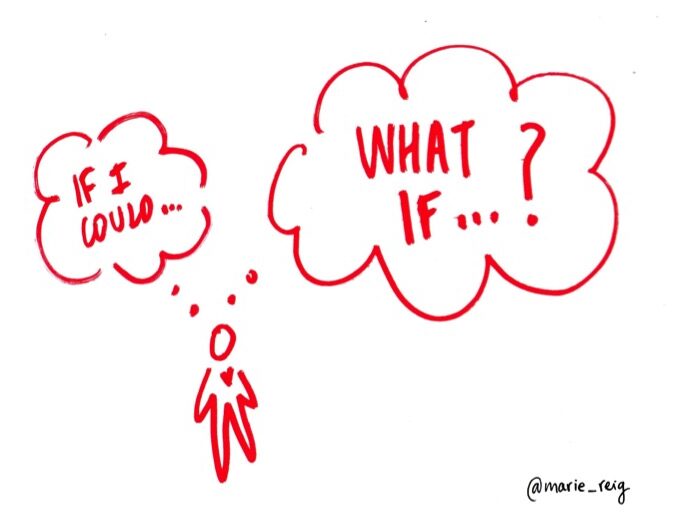
What if you were able to, more consistently, play your best leadership game? If you could unfold your purpose, develop elevated awareness, and awake your intuition?
What if you could navigate uncertainty with a renewed sense of inner confidence? If you could boost up connection, energy, and creativity? And with it, what if you could feel more whole and more fulfilled at work?
I will be happy to support you in finding out if heart-based creative leadership coaching is the best option for what you are looking for and in any case orient you to better understand what kind of coach could be the one just right for you.
Follow this link to fill up the heart-based leadership self-assessment and apply for a complimentary Exploration Session.
Yeah!
___

